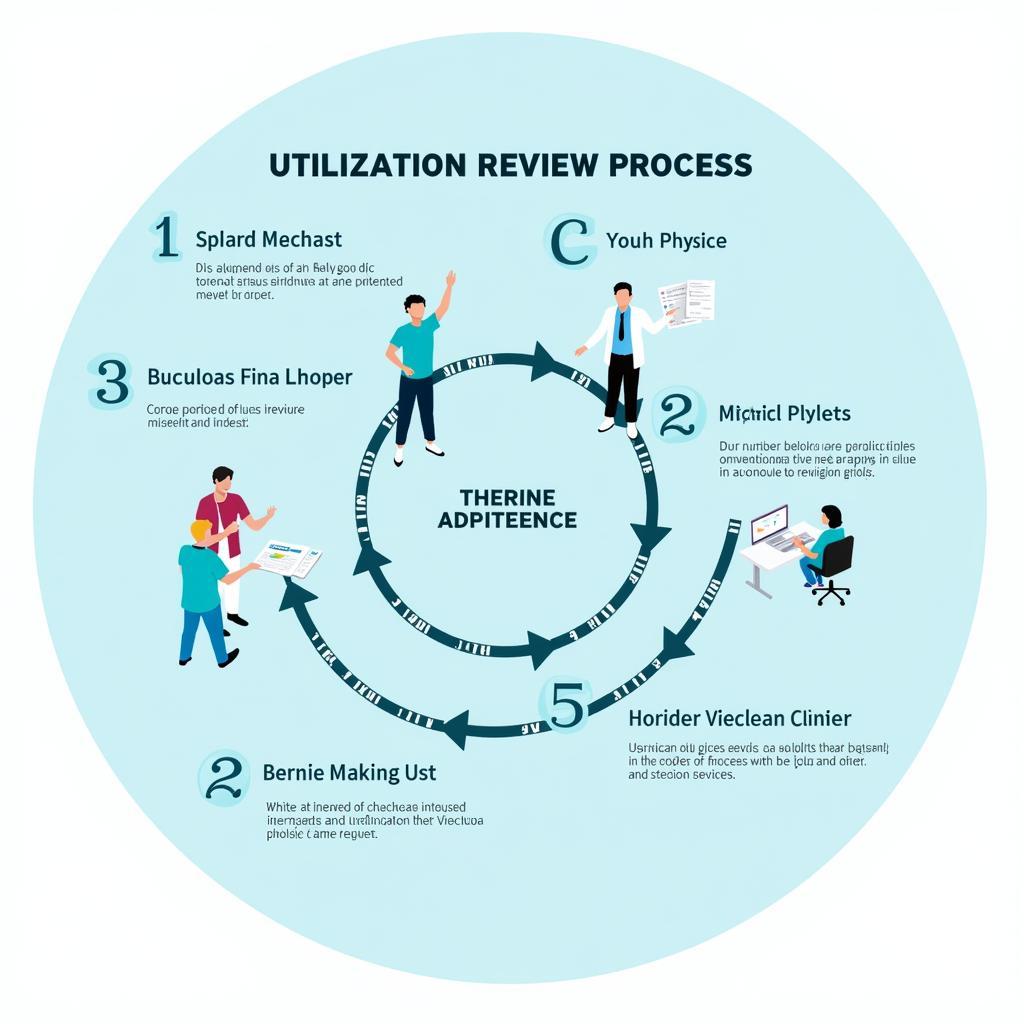Managed Care Organizations (MCOs) are tasked with a critical balancing act: providing quality healthcare while also controlling costs. One of the key levers they use to achieve this balance is managing the utilization of healthcare services. But how exactly do they do this?
Essentially, it boils down to a multi-pronged strategy that influences both patients and providers. Let’s delve into the specifics of how MCOs control utilization:
Techniques for Managing Healthcare Utilization
MCOs employ several techniques to manage the utilization of healthcare services. These can be broadly categorized into strategies that directly impact patients and those that focus on providers.
Strategies Targeting Patients
1. Gatekeeping:
This involves requiring patients to first consult with a primary care physician (PCP) before being referred to specialists. By acting as a gatekeeper, the PCP helps ensure patients are only referred for specialized care when absolutely necessary, avoiding unnecessary visits and procedures.
2. Utilization Review:
This process involves reviewing requests for services (like surgeries, hospital admissions, or expensive tests) to determine if they are medically necessary and appropriate. This review can occur before, during, or after the service is provided.
 Utilization Review Process
Utilization Review Process
3. Tiered Benefit Designs:
MCOs often use tiered benefit designs, where patients pay less out-of-pocket for in-network providers and services deemed more cost-effective. This incentivizes patients to choose more affordable options.
4. Patient Education:
By providing patients with information about their health conditions, treatment options, and the costs associated, MCOs empower them to make more informed decisions about their care.
Strategies Targeting Providers
1. Provider Networks:
MCOs establish networks of healthcare providers who agree to provide services at negotiated rates. This helps control costs and incentivizes patients to stay within the network.
2. Financial Incentives:
Providers may be offered financial incentives for meeting cost-containment goals or penalized for excessive utilization.
3. Practice Guidelines and Protocols:
MCOs often develop and promote evidence-based practice guidelines and protocols to encourage providers to adopt the most effective and cost-efficient treatment approaches.
4. Data Analysis and Reporting:
By analyzing utilization data, MCOs can identify patterns of overutilization or areas where costs can be reduced. This data is then used to refine strategies and provide feedback to providers.
The Impact of Utilization Management
The goal of these strategies is not to restrict necessary care but to ensure resources are used wisely. When successful, utilization management can:
- Control Healthcare Costs: By reducing unnecessary procedures and visits, costs can be significantly lowered.
- Improve Quality of Care: Focusing on preventative care and early intervention can lead to better long-term health outcomes.
- Enhance Efficiency: Streamlining processes and eliminating unnecessary steps can improve the overall efficiency of the healthcare system.
Finding the Right Balance
Utilization management is a delicate balancing act. MCOs must strive to control costs without compromising the quality of care or limiting access for those who truly need it. Open communication between MCOs, providers, and patients is crucial to ensure the best possible outcomes.
FAQs About MCO Utilization Management
1. Does utilization management mean I can’t see a specialist when I need to?
Not necessarily. Utilization management focuses on ensuring specialist referrals are appropriate. Your primary care physician can advocate for you if a specialist is truly necessary.
2. How can I be sure I’m receiving the most effective care within an MCO?
Communicate openly with your doctor, ask questions about your treatment plan, and research your condition. You can also contact your MCO directly with any concerns.
3. Are there any downsides to utilization management?
Some argue that overly aggressive utilization management can lead to delays in care or denials for necessary services. Transparency and strong patient advocacy are essential to mitigate these risks.
Need More Information on Car Services?
Explore our website CarServiceOnline for a wealth of resources on car maintenance, repair, and industry insights. Contact our team via WhatsApp: +1(641)206-8880 or Email: [email protected] for personalized assistance. We’re available 24/7 to address your car service needs.


